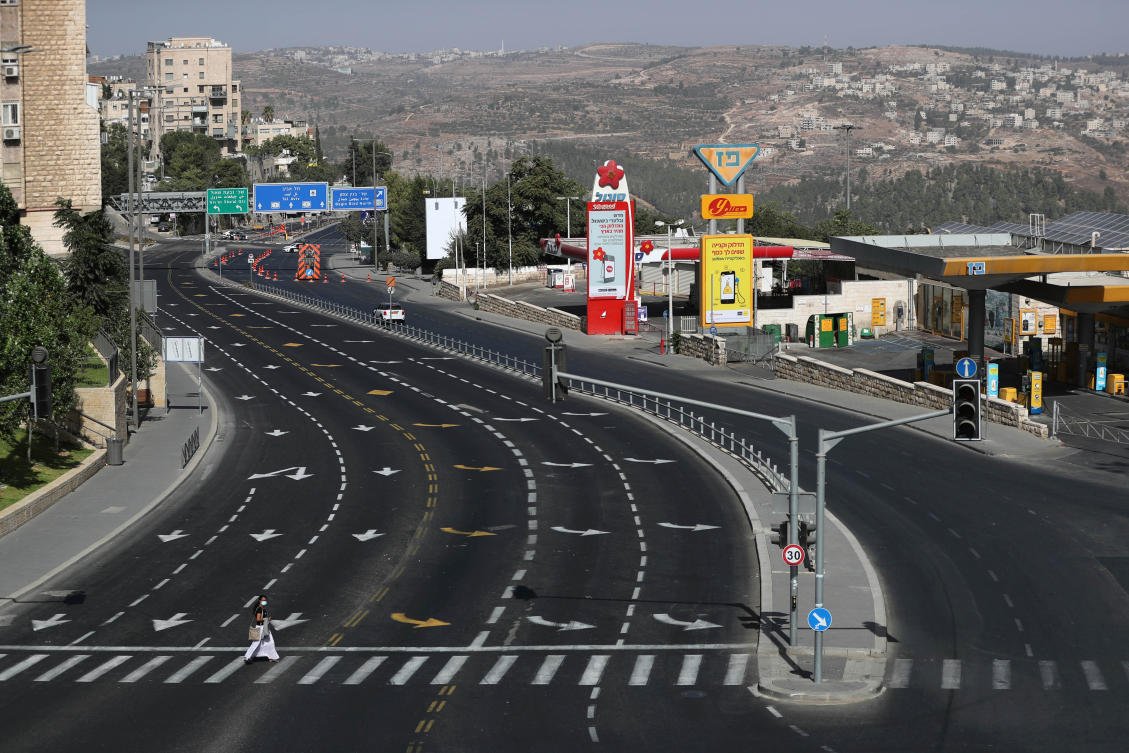Yom Kippur – The Special Holiday Of Israel
Yom Kippur, also called the Day of Atonement, is the most important holiday for many Jewish Americans. On this day, the Jewish people are allowed to abstain from eating certain foods and celebrate instead by fasting and abstaining from sex. The main themes of Yom Kippur are repentance and atonement. Traditionally, Jews celebrate this special holiday with a massive day-long Fast, intense prayer, and long-planned confession, usually spending the entire day in synagogue.
During this time, a special non-religious holiday called Shavuot begins. This is actually when most of the legal requirements of the Jewish law are performed. In general, the fast is observed and people refrain from eating and drinking all day. Serious religious observances are very rare on Yom Kippur.
Unlike other major holidays, like Passover, you don’t need a special cloth or green garments. However, there are specific customs that are important on Yom Kippur. For example, you must not wear an item made of leather, plastic, or metal on the Day of Atonement. This includes rings, silverware, or any other type of jewelry.
In addition to wearing clothing that is considered permissible, you may not eat any food that is prepared with meat or animal fat. In fact, you may be required to do without any table clothes at all! All you can eat are unleavened breads and dairy products. This includes eggs, fish, and poultry. Even bananas and pretzels aren’t permitted on Yom Kippur. However, certain citrus fruits and some berries (that are not solid) are permitted.
You’re not permitted to use any type of decorations on the holiday. Even so, if you have a tree in your home, you are permitted to take a few branches out into the yard and decorate them. However, don’t hang anything from these branches or other holiday decorations. Also, don’t place any candles, oil paintings, or photographs on the dining table. You may only place one or two candles on the mantelpiece. If you light other types of candles, you run the risk of burning them during the holiday.
There are several special foods that you may be able to eat during Yom Kippur. The most important one is leche Gabi, which is essentially unleavened bread that is baked in the oven. You will also be able to eat any kind of fruit that is kosher, such as dates, figs, and cherries. (The only exception is if you bake the fruit and eat it within twenty-four hours of eating the leche – some rabbis believe that twenty-four hours is too long to eat dairy.)
During the holiday, no Jews, Muslims, or Christians are permitted to attend the Jewish holy temple. Instead, all of their clothes are wash, and they must also fast from all food and liquids, including fish and meat. Any unclean animal is to be put to death. Only female relatives of the deceased are permitted to enter the funeral home. On the first day of Yom Kippur, all doors and windows are shut to keep bad spirits from entering the house.
The twenty-twond day of Yom Kippur, called Sukkot, is the last day of celebration of Yom Kippur. This is the night of atonement. Anyone who sins is to blot his or her feet before leaving the house. After this, everyone is to return to their homes. The celebration ends with the sending of prayers to the Israelites’ God and the lighting of candles everywhere.
Many observances are observed during Yom Kippur, some of which have very religious overtones. It is considered a joyous event by many. It is not uncommon for families to gather outside of the home for a special afternoon meal. Often a Jewish child will have a special chair made just for him and his parents. It is decorated with special paper lanterns and lit for the purposes of supplication to God.
For those who are unable to celebrate the holiday because they are not Jewish, certain activities are undertaken in their honor. Teachers will give reading lessons to students who cannot attend class on Yom Kippur. Students will write letters to their teachers with the appropriate holiday letterhead attached. Religious people will wear a black cloth on their heads and veil (called a kaddish) and perform various acts of worship.
A special day is observed for those who are celebrating Yom Kippur and it is celebrated differently depending on the country where it is. However, the principles of the holiday remain the same. It is a joyous occasion to observe. Those who are Jewish will never miss this special holiday no matter where they are.


Comments are closed, but trackbacks and pingbacks are open.